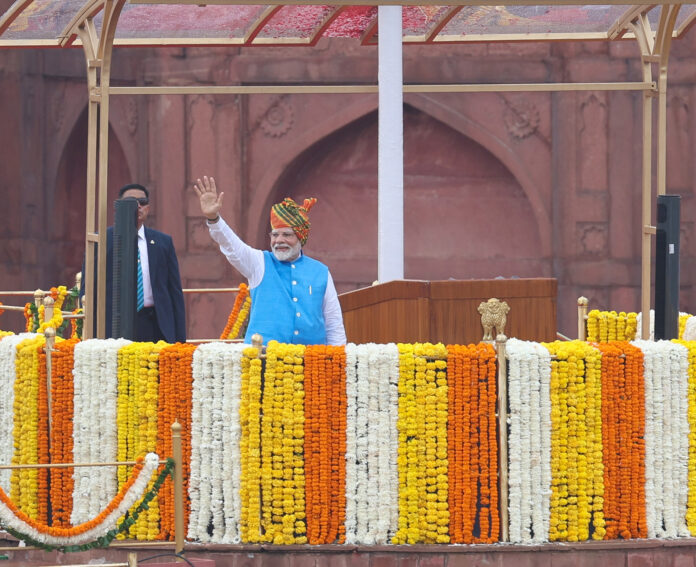There are a little over one lakh undergraduate medical seats in India currently; admissions happen through the NEET
Prime minister Narendra Modi announced Thursday that 75000 medical seats will be added over the next five years. He was delivering his Independence Day address from the ramparts of the Red Fort.
The government of India has, for some years now, followed a policy of phased increase of medical seats in a bid to ensure trained medical professionals are available and equally distributed in various parts of the country. India currently has a little over one lakh undergraduate medical seats; admissions happen through the NEET (National Entrance and Eligibility Test) that has been mired in controversy in recent months because of alleged irregularities in the conduct of the exam process in various centres across the country.
The announcement also comes in the backdrop of widespread protests by medical students and common citizens across the country against the rape, torture and murder of a 31-year-old doctor in Kolkata’s R G Kar Medical College that has also led to widespread disruption of medical services.
According to government data there are 1308009 allopathic doctors in the country currently and India’s doctor patient ratio stands at 1:834 taking both allopathic and AYUSH doctors together. “As informed by the National Medical Commission (NMC), there are 13,08,009 allopathic doctors registered with the State Medical Councils and the National Medical Commission (NMC) as on June, 2022. Assuming 80% availability of registered allopathic doctors and 5.65 lakh AYUSH doctors, the doctor-population ratio in the country is 1:834. Also, there are 36.14 lakh nursing personnel in the country as on December, 2022. Assuming 80% availability of nursing personnel, the nurse- population ratio is 1:476,” the ministry of health had told the Rajya Sabha some time ago.
Under the Centrally Sponsored Scheme (CSS) for “Establishment of new Medical College attached with existing district/referral hospital” 157 medical colleges have been approved since 2014.


